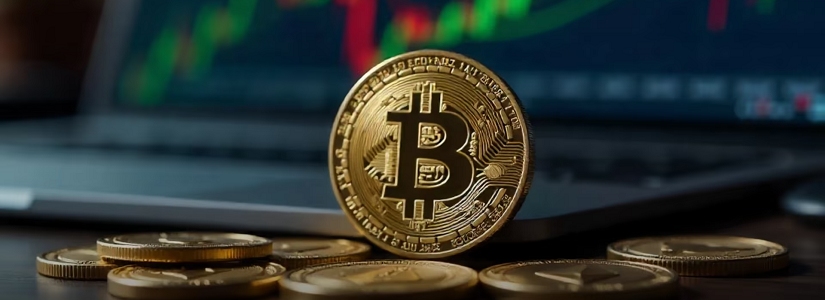TL;DR
- More than 130,000 Chinese investors are attempting to recover 61,000 bitcoins seized by the UK after a $6 billion crypto fraud.
- Qian Zhimin allegedly converted investor funds into BTC before fleeing to London, where authorities confiscated the assets.
- The biggest legal obstacle is proving direct ownership of the seized bitcoin, especially after years of price appreciation.
The effort to reclaim 61,000 bitcoins seized by British authorities has turned into a landmark fight that stretches beyond national borders. For many Chinese investors, the challenge lies in linking outdated financial records to digital assets that have multiplied in value since the original losses. What began as a promise of high-yield investments escalated into one of the largest crypto frauds involving overseas defendants.
Qian Zhimin allegedly raised billions through fraudulent investment products and later moved the funds into cryptocurrency before relocating to London. After her arrest, she pleaded guilty to laundering the money through digital wallets. In 2018, British police discovered the stash of bitcoin on her devices, which became the largest crypto seizure in UK history.
Legal Challenge And Digital Ownership
Lawyers representing the victims argue that blockchain transparency should support rightful claims instead of complicating them. However, proving the direct link between individual investors and the seized assets has become a major barrier. Many of the affected investors lack proper digital or financial documentation, making verification even harder.
A civil recovery case is already underway and will determine the fate of the bitcoin. Crypto advocates insist that the seized assets must be treated as property and not reduced to their past fiat value. They argue that rightful ownership should not be undermined by government retention of appreciated assets.

Asset Value And Investor Rights
Analysts warn that treating bitcoin as a static monetary amount rather than a dynamic asset could weaken global digital property rights. Investors claim that being denied access to the appreciated value of the seized BTC would amount to a second dispossession, first by fraudsters, then by the state.
Sentencing for Qian and another associate is expected soon, with asset allocation decisions extending into 2026. Despite legal obstacles, many in the crypto space maintain that blockchain traceability can facilitate restitution if courts recognize bitcoin as property in its current form.










